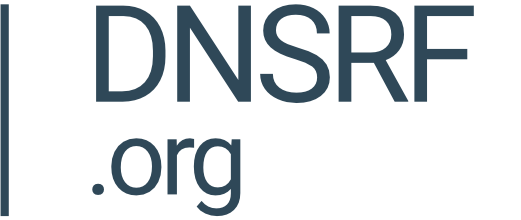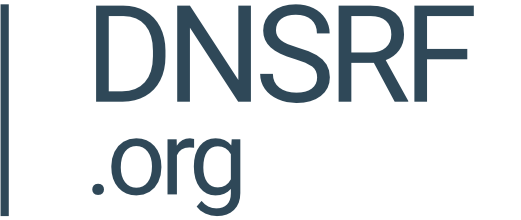Overview
The DAP.LIVE Platform is delivered as a modern web application. It has been developed by Oxford Information Labs who have many years experience in writing secure modern web based systems for both the DNS industry and other public and private sector organisations.
The main access point for users is via the frontend web interface which is developed using the Angular Javascript framework. This web interface uses modern AJAX techniques to create standard REST API requests to the backend service to save and retrieve data and execute application based operations.
The backend service builds on a set of open source libraries (informally known as the "Kini" libraries) developed by Oxford Information Labs as a secure suite of object oriented application tools adhering to modern best practices with a high emphasis on security and extensibility. As well as being developed using a test driven agile methodology, these libraries have additionally been subjected to regular security and penetration testing to ensure that they meet the highest of security standards. The Kini libraries are mostly written in Object Oriented PHP 7 and the backend service for DAP.LIVE is deployed on standardised secure cloud infrastructures for performance and rapid scaling.
The backend service has connectivity to a number of database services (which are largely SQL based ) in order to facilitate the analytical functions key to the DAP.LIVE application and has flexibile ability to connect to a wide range of different data sources and database types as the service evolves.
The following diagram presents a summary of the key platform components in use in DAP.LIVE.




